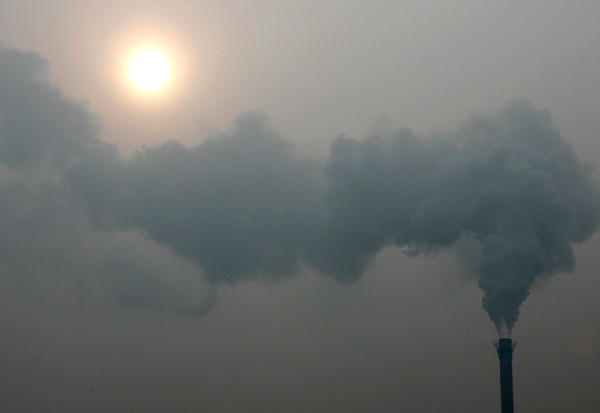Climate Change: IPCC report is a ‘huge wake-up call’

Extreme weather will strike as climate change takes hold. Heavier rainfall, storms and droughts could wipe billions off economies and destroy lives, says a report by 100 scientists.
Friday's report released by the Intergovernmental Panel on Climate Change (IPCC) is the first comprehensive investigation on the topic, in an effort to provide a conclusive judgement.
The "special report on extreme weather" outlined harsh warnings for developing countries, also known as most vulnerable countries which are most likely to be worst affected due to their geographic. These "vulnerable" countries are also at stake because they are less prepared for extreme weather conditions and have less economic stability than developed nations.
But the developed world will not go untouched and is predicted to endure bursts of heavy rainfall, extreme heat waves and droughts which are all said to have a significant impact.
Co-chair of the IPCC, Chris Field, worked on the collaborative report and said the message was clear: extreme weather events were more likely. "Some important extremes have changed and will change more in the future. There is clear and solid evidence [of this]. We also know much more about the causes of disaster losses."
However, many of the economic and human impacts of climate related disasters could be avoided if prompt action is taken, Field said. "We are losing way too many lives and economic assets in disasters," he said, appealing to governments to pay attention.
Greens national environment spokesperson, Penny Kemp, said the report is yet another "wake-up call" for us all to respond to climate change seriously.
"If 20 years ago we started to take serious action, we wouldn't be in the mess we're in today."
Kemp said she hoped the report released by the IPCC would raise the profile of the effects of climate change because it so often "falls on deaf ears".
"This is a report that tells us quite clearly that we are likely to suffer some more severe weather conditions and the world needs to wake up to the reality."
"Governments don't want to take this seriously," she said.
Kemp said she hopes the findings of the report will carry with it a very strong message. "This is a huge wake-up call. We're not talking about just a few scientists, were talking about the world's top climatologists - these are world renowned climate change experts."
"It's now accepted universally - climate change is happening, we need to do something."
"Until we have a global action plan that is really working, I fear for future generations," Kemp said.
The report was released shortly after U.N. Secretary-General Ban Ki-moon called for a billion dollar global climate change fund, the Green Climate Fund, at recent talks in Dhaka, Bangladesh.
The topic is also receiving much attention ahead of the U.N. climate conference (COP17) scheduled to take place later this month in Durban, South Africa, where the world's governments and leaders will discuss a new global agreement to tackle greenhouse gas emissions and climate change.
© Copyright IBTimes 2025. All rights reserved.





















